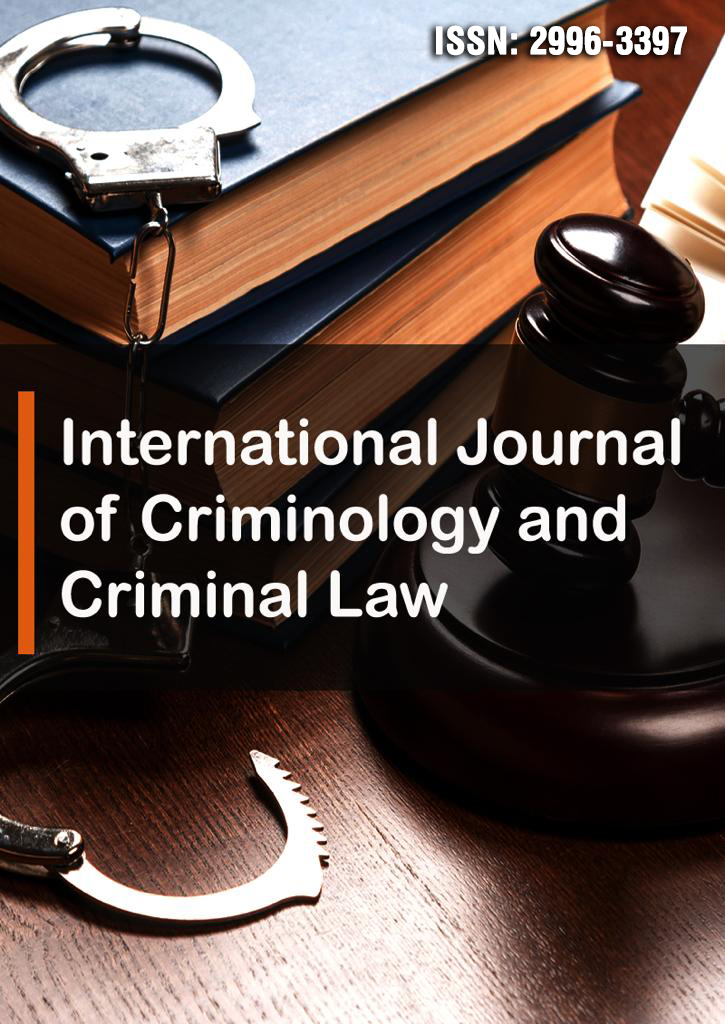The Comparative Analysis of Differences in Criminal Limitation Periods: The Case of Countries
Abstract
BATJARGAL Gerel
The main goal of our study was compared limitation period some countries in criminal law as a statute of limitations is a legal principle that establishes a specific timeframe within which legal actions must be initiated, aiming to protect defendants from outdated claims while promoting timely dispute resolution and enhancing judicial efficiency. There is a growing need for comparative studies to harmonize the diverse models of limitation periods used internationally. This principle is influenced by various factors, including jurisdictional differences and the nature of the legal claims, making accurate calculation of these timeframes essential for effective litigation; miscalculations can lead to case dismissals. There is also a recognized need for comparative studies to harmonize the diverse models of limitation periods used internationally. The statute of limitations is a critical legal principle that establishes the timeframe within which legal actions must be initiated for both civil and criminal cases. It serves to protect defendants from outdated claims and promotes the timely resolution of disputes, thereby enhancing the efficiency and fairness of the judicial process. Various factors, including legal traditions and cultural attitudes, influence how statutes of limitations are defined and applied across different jurisdictions. Accurate calculation of these periods is essential for effective litigation, as miscalculations can lead to dismissal of cases.
In conclusion, the statute of limitations plays a vital role in the legal system by ensuring timely legal action, protecting defendants from stale claims, and highlighting the necessity for accurate calculations and international harmonization of limitation periods to enhance judicial efficiency and fairness.



